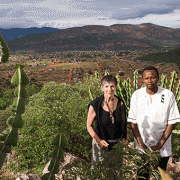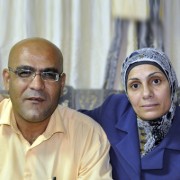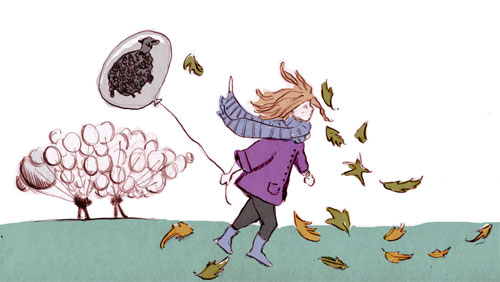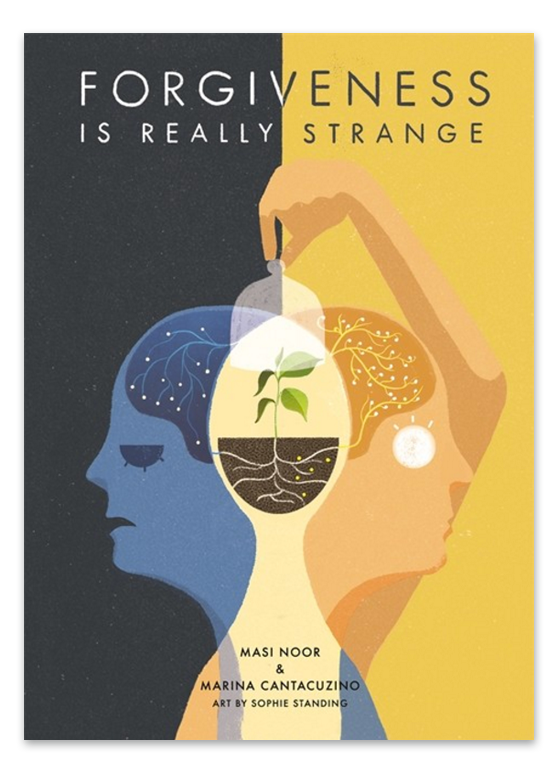Resisting conformity:
The skills of finding your own path
Margaret Mead
Friedrich Nietzsche
Defy what others may have in mind for you.
Traditionally, there is a piece of cautionary advice not to overburden individuals who have experienced major painful events in life, for example, by encouraging them to re-adjust too quickly or to engage with the person who caused the pain. However, as useful as this advice may be, it is equally important to bear in mind that at times these individuals may be trapped within their victimhood, not because they want to remain victims but rather because of the expectations by their families, community, society, etc. to conform to their victim role. Thus, in order to counter these expectations individuals may be required to develop the skills involved in resisting such expectations, namely, deviance. The kind of deviance referred to here involves two sets of skills:
Be a small black sheep
The first set presents a number of challenges at the personal level and encourages the individual to acquire skills that were described earlier (e.g. challenges to the self to empathize with the adversary, to consider the non-static nature of victim and perpetrator roles, to acknowledge personal responsibility, to be curious and brave, and to engage with the person causing the pain).
Be a big black sheep
This set of skills presents challenges at the group-based level and requires critical thinking about one’s own group, their assumptions, norms, values and worldview. It further requires a genuine understanding of the adversary group’s concerns and psychological needs (e.g. need for safety). These skills will help develop awareness that one’s own group may have contributed to the conflict and suffering as well, be it through provocation, poor negotiation skills or missed opportunities for a peaceful co-existence.
The above sets of skills essentially enable the individuals to discover the ‘full story’ and to move beyond the ‘always guilty other’ and the ‘always innocent me/us’.
Quotations from the real life stories:

‘I tried to hide my tears from the other prisoners. They wouldn’t have understood why I was crying about the pain of the oppressors.’

‘It was through my journalistic activities that I began to see through the myths to lies that I were being told by my own government…There are moments when I am very lonely, but for the first time in my life, I am being loyal to myself.’

‘Many could not countenance my forgiveness for Lyndi’s killers, but as a Christian I cherished the memory of Christ forgiving his murderers…People said Letlapa was unapologetic but soon I discovered that for him saying sorry is too easy.’

‘I knew that non-violence would work better than violence with Israelis. A lot of people in Tulkarem disagreed and called me a traitor, but I refused to listen.’



